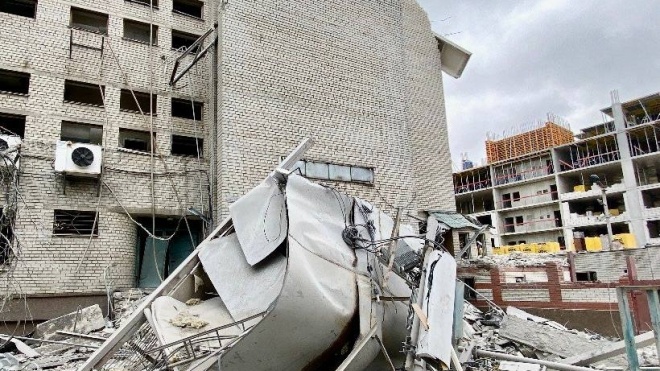War On The Rocks published an essay by RAND Corporation political scientist Shawn Cochran, who ponders whether the war in Ukraine will continue without Putin. A change of power is often a necessary condition for ending a war, but is not a guarantee of it. Cochran analyzed the decision-making and behavior of 85 "wartime" leaders, both those who started wars and those who were given a leadership role during the war. He found that often new leaders see risks for themselves in stopping the war and continue the behavior of their predecessors. Cochranʼs analysis found that 86% of leaders who start a war will fight until they get something that can be passed off as victory or until they leave office. Among those who "inherited" the country in the war, 66% of rulers repeat this pattern. This also applies to wars that have turned out to be longer and more expensive than expected and in which there is little chance of victory. Putinʼs successor can be many people from Vladimir Medvedev to Alexey Navalny. But whoever becomes the new leader of Russia, if he wants to end the war, he will have tough obstacles, Cochran believes. Currently, the political climate in the Russian Federation is characterized by a search for scapegoats and a confrontation between the political and military leadership. In such an environment, attempts to withdraw Russia from the war would be risky for the next president of the Russian Federation, because it would require the coordinated work of the political and military apparatus. Therefore, in the short term, Cochran believes, it should not be assumed that Putinʼs successor will be willing and able to end the war.
The Telegraph columnist Jade McGlynn writes about Putinʼs possible next steps and the Westʼs necessary response to them. "Heʼs not kidding" ― thatʼs how the essay begins, and continues that Putinʼs threats, including nuclear ones, probably shouldnʼt be considered a bluff. Putin responded to the attack on the Crimean bridge with indiscriminate strikes on several cities in Ukraine, and the previous "portfolio" of the Russian army includes the downed MH17 plane or atrocities in Syria. Propaganda work preparing Russian society for the use of nuclear weapons is actively underway. McGlynn writes that Kremlin speakers are now calling for a nuclear strike almost every day. At the same time, many Russian bloggers and even some media write about the imprudence of such a step. It is likely that the decision on the feasibility of using nuclear weapons will be made by Putin, taking into account what the consequences will be for him. McGlynn suggests three steps the West can take to avoid nuclear escalation. First, name the devastating consequences of the use of nuclear weapons by Russia. Secondly, establish cooperation with China and India, which have influence on Russia. And, thirdly, to continue supporting Ukraine and adhere to the commitments made.
The Washington Post writes about increased pressure on Ukraineʼs Western allies to provide the latest air defense systems. A few hours after the rocket attacks on Monday, Volodymyr Zelenskyy spoke with the leaders of Germany and France about increasing anti-aircraft and other aid, the newspaper writes. A number of Ukrainian officials also tweeted calls for more air defense and weapons to Ukraine. They were already supported by the head of Estonian intelligence, and the German Ministry of Defense announced that the first of four IRIS-T air defense systems will arrive in Ukraine in the coming days. The French president also promised to increase aid, but today, according to the ranking of the Kiel Institute of the World Economy, France has spent less money on supporting Ukraine than Estonia or the Czech Republic. In particular, Ukraine is interested in SAMP/T air defense systems, the supply of which, according to Le Monde, is limited in France.
